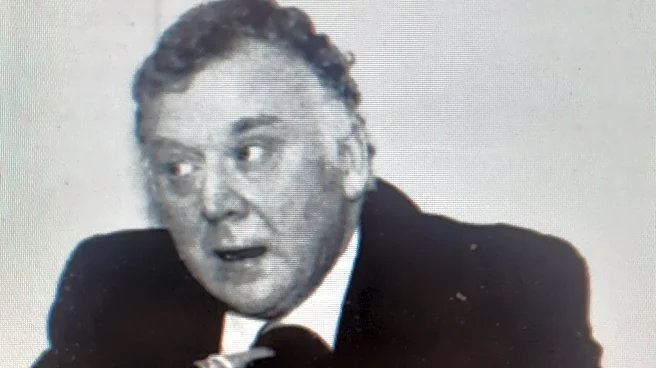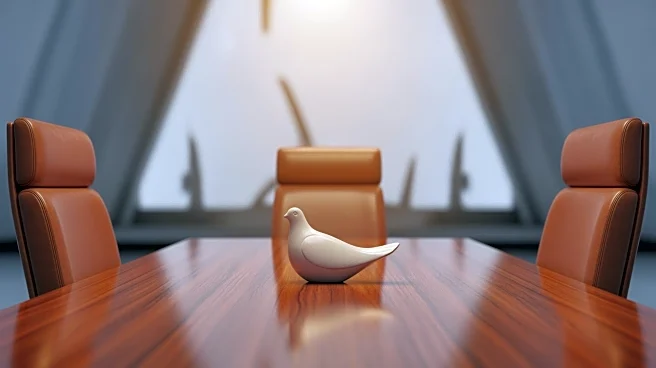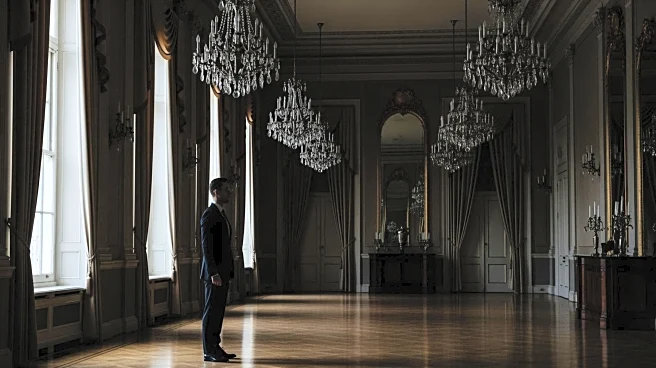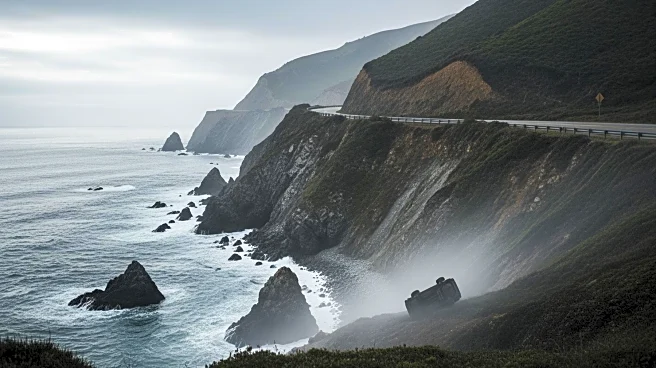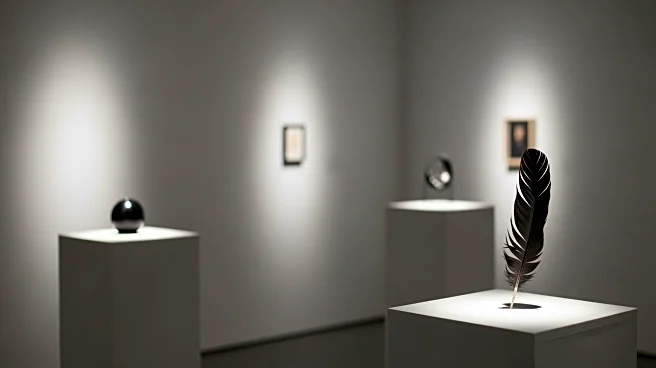In June, we looked at continued boardroom strife at Sunderland featuring several well-known club figures, with the dispute eventually leading to a high-profile and much publicised court case. During the article,
a lesser known name was also introduced — or lesser known in terms of the football club, anyway.
A well-respected and long-serving member of Sunderland Borough Council, when he was brought onto the Sunderland board in early 1989, it was hoped that Cllr John Donnelly would help to ease the confrontational environment that had been fostered behind the scenes.
He certainly had experience of how politics worked, having been a councillor since the borough’s inception in 1974 and deputy leader of the controlling group for over a decade. His long list of appointments underlined his stature — as well as being an influential part of the council and many of its internal subcommittees, he was a Justice of the Peace and the chairman of the Newcastle Airport Committee.
Somehow, he also made time to represent the town at the Association of Metropolitan Authorities, to act as a part of the executive committee of the Northern Regional Councils’ Association and hold a seat on the Empire Theatre Trust.
It was with great surprise, therefore, when on 5 October 1990, Donnelly was at the centre of a media storm — a albeit a local government one and not a football administration one — following an interview he’d given to the Sunderland Echo’s Municipal Editor Barbara McClenna the day before, in which he was quizzed about personal relationships he’d had with local business heads that had since bid for council contracts.
Admitting that these links hadn’t been properly declared, he promptly resigned from most of his posts including that of associate director at Sunderland AFC, although he remained determined to stay on and serve his Silksworth ward constituents.
Although there was no suggestion at this stage that Donnelly had used his council position to benefit the business interests of his friends, his initial failure to declare them meant he had inadvertently breached strict codes of conducts and so he felt duty bound to step back.
Alas, it wasn’t enough to avoid the negative headlines across several titles, with certain Tyneside-based outlets being particularly keen on this day to point out his link to the football club, which itself could’ve done without any more negative stories at the time.

Later in the month, council leader Charles Slater had to oversee the divvying up of Donnelly’s various roles, alongside those of Hetton ward’s Cllr David Tate, who’d also been entangled in a similar code of conduct omission after accepting an invite in March to watch the Sunderland 76ers basketball team compete in the Coca Cola National Cup final in London.
The team had lost to Kingston — although there was slight consolation when popular guard Ken Nottage was handed a fair play award — whilst back on Wearside, it was new deputy leader Cllr Eric Bramfitt that took over a number of Donnelly’s responsibilities.
During the longer term fallout, a far-reaching investigation into several other local government allegations was carried out by Northumbria Fraud Squad officers, during which Donnelly was interviewed.
Following its conclusion in September 1995 however, both he and Tate were cleared of any wrongdoing whatsoever, by which point the former Sunderland AFC director had already started working his way back up through the power levels of what was now a city council. He’d already retained his seat comfortably in the May 1992 local elections, did so again in 1996 and 2000, and by 2004 was the chairman of Sunderland’s policy and co-ordination committee.
He was also chairing a panel of councillors that were ‘examining major financial issues’ within the council, and that year submitted an entry onto a new register of gifts, favours and hospitality that had been introduced by the council.
Members were to include any gifts above £25 that they were offered, with Donnelly having to list a brace of grouse given to him by former Sunderland owner Sir Tom Cowie OBE — one of the men at the centre of the furore that had originally seen the Silksworth man being brought to Roker Park in the first place.

A prominent, jovial and at times forthright figure in local politics, John Donnelly passed away in June 2011 and was given a standing ovation by serving councillors at the next meeting of elected members.
He’d served his city in a great many ways, and as stated when he first joined the board in March 1989, had always been a huge fan of its football club. Speaking to The Echo on 9 October, when’s Donnelly’s selection was revealed, owner Bob Murray was beaming.
The club is keen to have an identity with the community at the highest level. John holds several senior appointments, and we all know he is Sunderland daft.
Over the last eighteen months, we have made a very major involvement with the Borough Council at all levels. We see the council being progressive with limited resources. John is there on merit, he is very welcome and I am pleased to have him.
The saga that then prompted his departure from the club (in an official capacity, anyway) was without doubt unpleasant for all concerned.
However, this piece will end with Donnelly’s own initial thoughts on being brought in by Murray to team up with existing board members Gordon Hodgson (vice-chair), Geoff Davidson (general manager and secretary) and Graham Wood (associate director), which seem to sum up a man who was always proud to be involved with his community and desperate for it to thrive.
It’s a privilege to be asked.
I am looking forward to working with Mr Murray and other members of the board. The council has a good relationship with the football club, and I can only see that continuing to improve.
A successful football club can do a lot for the image of the town.
